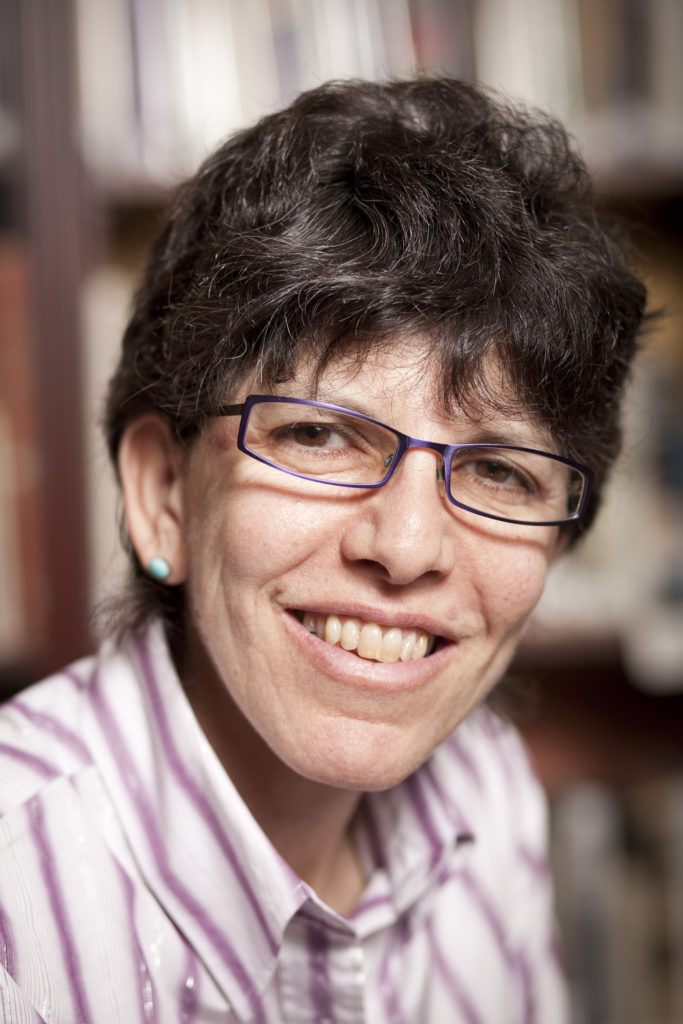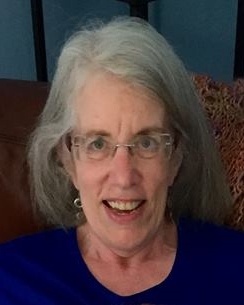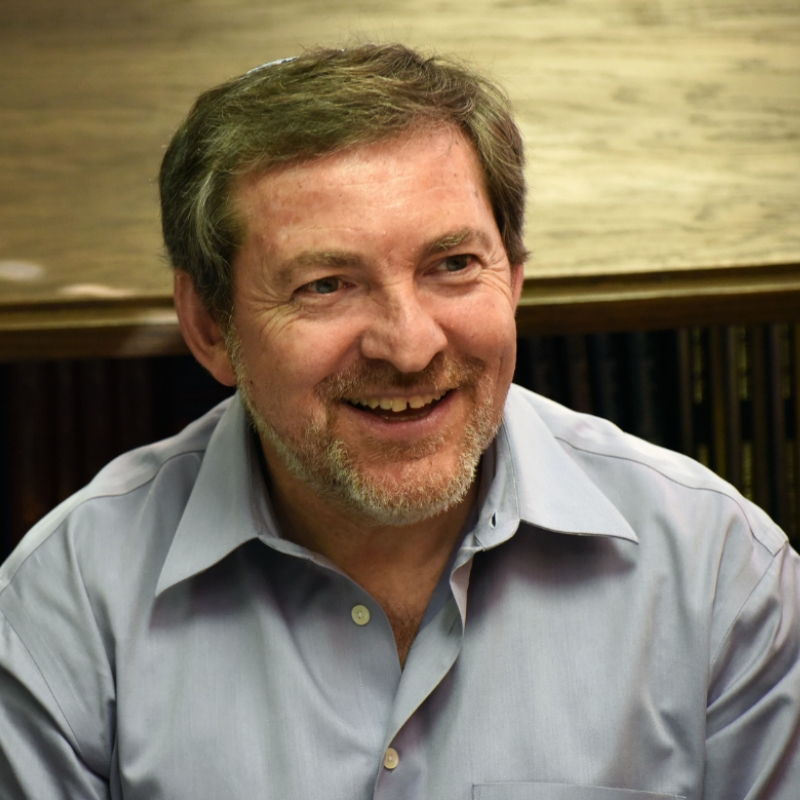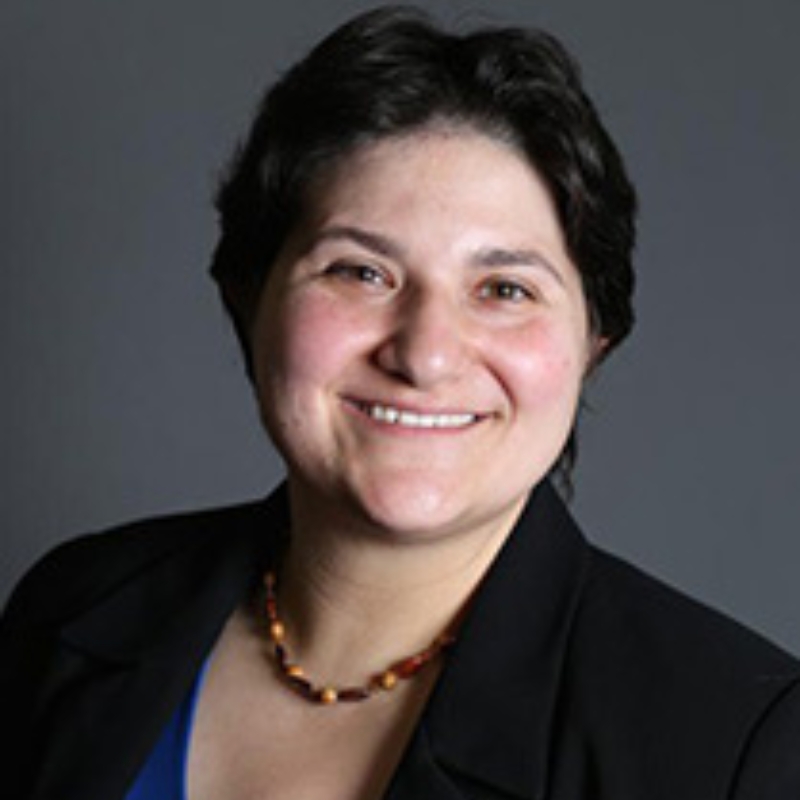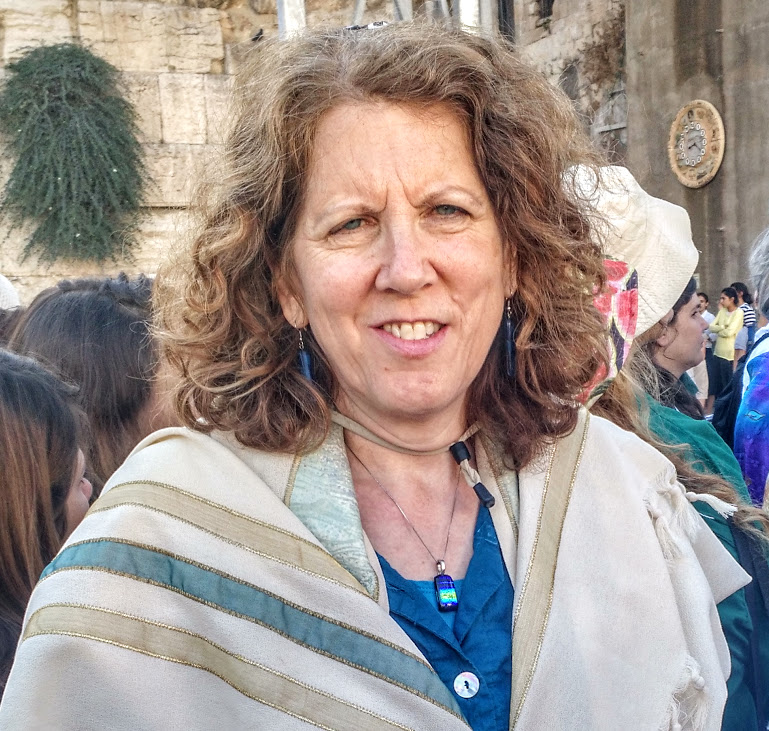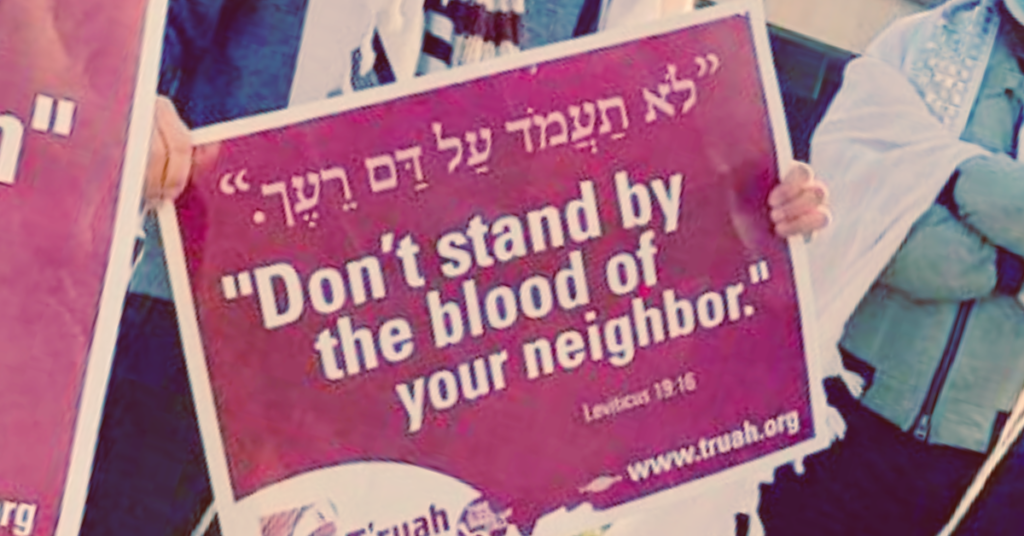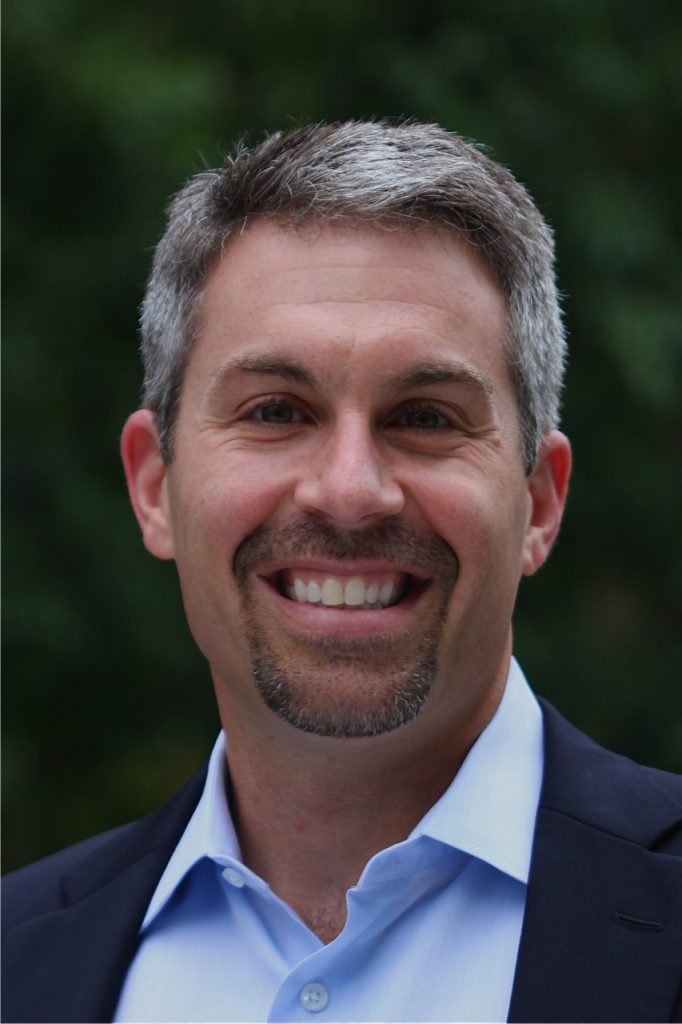
What I Learned In Prison
About three years ago, I was called by the Head Chaplain of the Butner Federal Correction Institution located forty-five minutes north of my home in Raleigh, NC. This is the same penitentiary where (in)famous prisoners like Jonathan Pollard and Bernard Madoff currently reside. The chaplain’s message came with a southern drawl: “Rabbi, we have a...
read more

